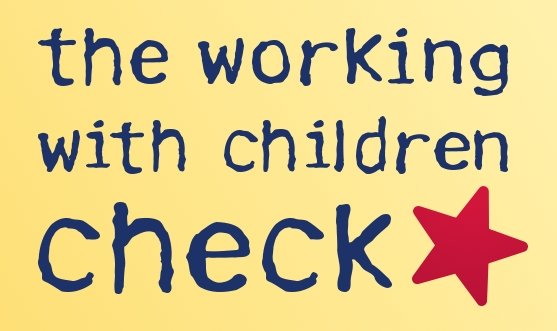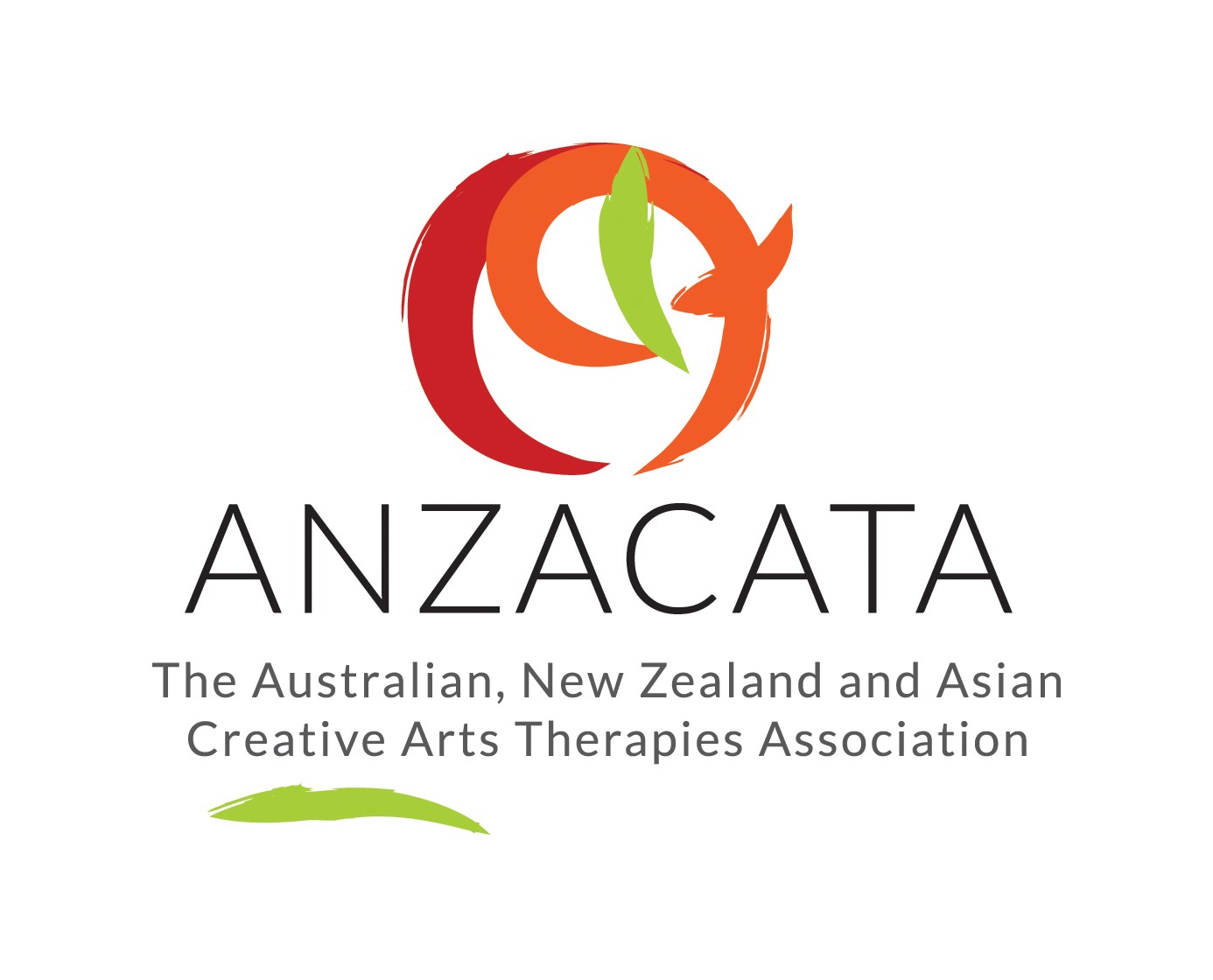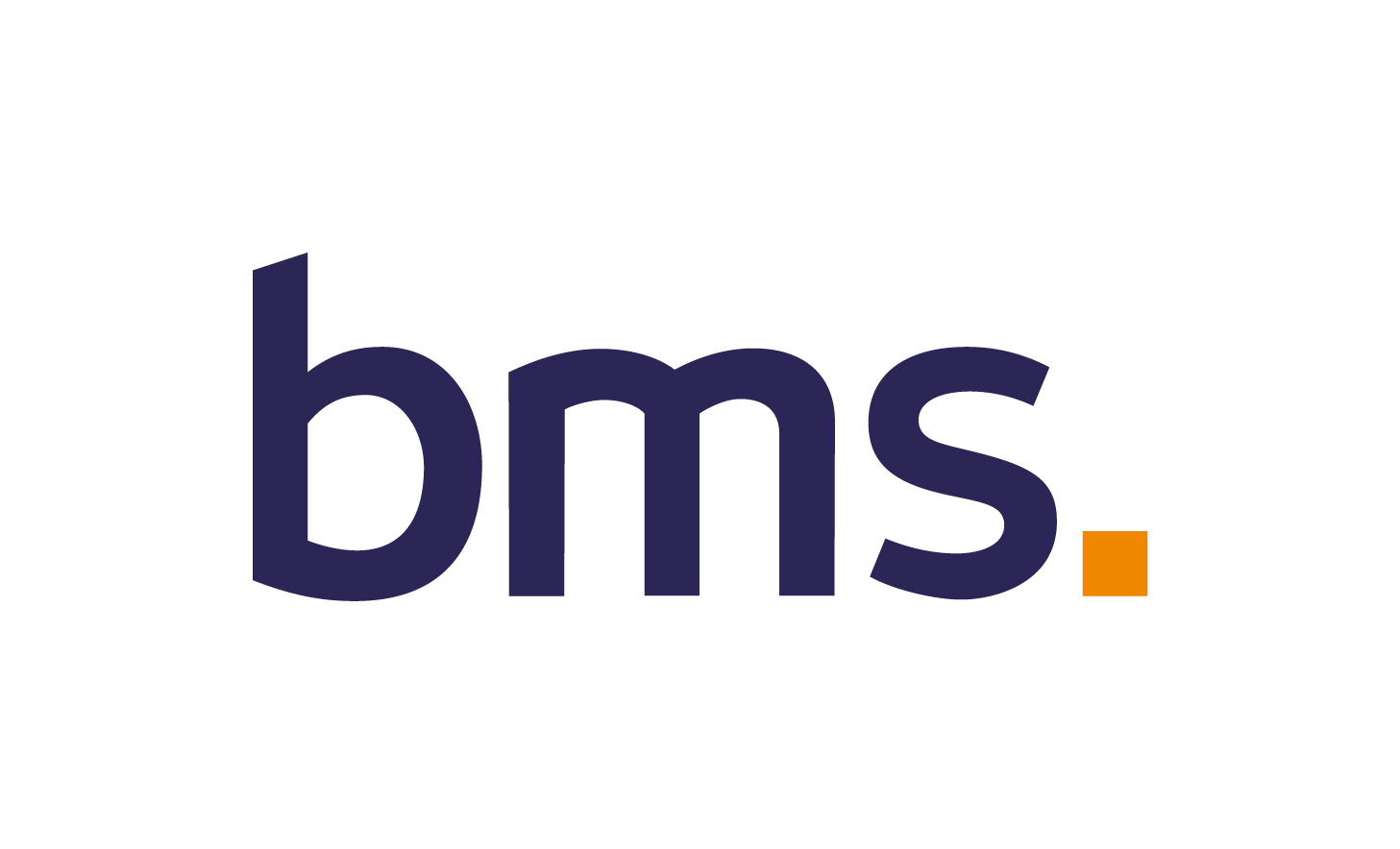The DBT art therapy skills program uses the concepts and framework of DBT, Art Therapy, Narrative Therapy and Intentional Peer Support.
About the Facilitator: Mahlie Jewell (M.AThR, M.ACA) is a clinically qualified, registered and regulated Art Psychotherapist with certification and specialist training in delivering DBT. Mahlie is also a trained peer worker, peer supervisor and academic whose work using DBT has been published internationally. Mahlie holds professional membership with: Australian, New Zealand and Asian Creative Arts Therapies Association (ANZACATA): professional membership number: 49852078, International Society for the Study of Trauma and Dissociation (ISSTD): professional membership number: 75959282, Australian Counselling Association: professional membership number: 20333, BlueKnot Complex Trauma Professional Community Network: professional member and the Australian and New Zealand Mental Health Association. Mahlie (she/they/I/we/us) is a First Nations autistic queer person queer with living with ADHD, complex trauma and chronic illness. In 2025, Mahlie began post-graduate research into the post-diagnostic therapeutic support needs of late and later-in-life diagnosed autistic womxn with Latrobe University and Olga Tennison Autism Research Centre (OTARC).
The pilot DBT Art Therapy program was scientifically evaluated and professionally researched under ethics approval in 2021. The results and outcomes of the research pilot were independently evaluated, peer-reviewed and academically published international. To view the research article, you can use this free access link:
https://bpded.biomedcentral.com/articles/10.1186/s40479-022-00203-yDialectical Behaviour Therapy (DBT) was created by Marsha Linehan (2014) who is both a behavioural psychologist and a person
with her own lived experience.
DBT looks at the challenges that people experience in life as a skills shortage and focuses on providing and strengthening practical skills in four areas: Mindfulness, Distress tolerance, Emotional regulation, and Interpersonal effectiveness.
DBT is a behaviour change therapy, it requires hard work and commitment to change. It is designed to become
embedded in our automatic systems over time and no one “gets it perfect the first time”.
Fees are set via the NDIS pricing guide and are universal for all participants, regardless of disability support access or income. Those with low levels of access will be prioritised. Those with private health insurance are encouraged to access the resources available to them in other spaces in the first instance.
The program is billed fortnightly post-session and follows the NDIS price guide for service and support via a specialist practitioner.
The total cost of ONE MODULE (6 week block) is $720.00 which equates to $60.00 an hour.
Payments are billed in three seperate installments of $240.00 a fortnight via tax invoice.




